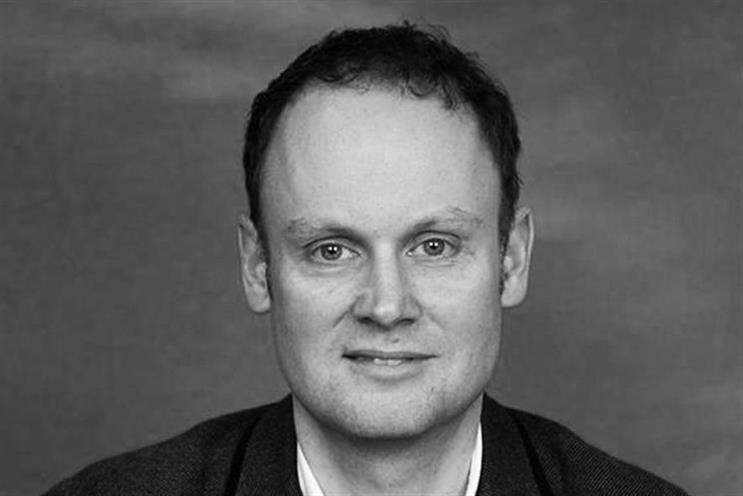As marketers, we are always trying to predict what is going to happen in the future. The only thing we know about all predictions is that, more often than not, they will be wrong – and sometimes embarrassingly so.
But I am an optimist. In the decade ahead, not only will we know vast amounts more than we do now, we will also have solved far more problems than we have created. We will have also underestimated the scale of change.
My team is used to me quoting a "law" coined by Stanford University computer scientist and long-time head of the Institute for the Future Roy Amara. He said that while we tend to overestimate the impact of a new technology in the short run, we underestimate it in the long run.
This optimism applies to the artificial intelligence future that is approaching us all like a freight train. AI is a poster child for two very different world views. A data-driven dystopia or a nirvana where all decisions can be machine-learned.
I believe that AI and smart use of data will transform businesses. But it will never displace the creativity that runs through the heart of all successful enterprises. It will complement it – and it is this magical combination that is so exciting. It is not machines that cause positive disruption. It is humans and machines together. I know this makes me sound like a mad scientist, but bear with me...
Balancing the scales between human and machine
In the world of media, we are seeing AI everywhere. And as computers compute things in a manner similar to the human brain, the perennial challenge is to do this in an authentic and connected way – to make sure that computers actually understand the human brain.
Computers work best with logical and universally applicable laws, but as I know well enough with my four kids, pesky humans just don’t submit to these laws. We are consistently inconsistent. It is often context that is the most important thing in determining how we think, feel and act.
This means my thoughts about the future of AI are less about predictions and more about hopes. Hopes of a real balance between humanity and machines.
I hope that AI will move us towards a measured delivery of ad communications within the right context and free us from the advertising death spiral of more, faster, retargeted ads chasing us round the internet like one of those cats that follow you around on holiday.
At first you feel special, but the persistence very quickly starts to grate. Machines need to learn when to build brands and know the precise moment a consumer will need something.
AI can help TV companies make better recommendations. We have just launched BritBox, the biggest collection of British box sets available in one place, and as on-demand TV expands our choice of TV we need to develop creative choice engines that will surprise the viewer, not just deliver more of what they have recently watched.
We all love Midsomer Murders, but if you mainline every episode of it, you may start to spot the suspicious frequency of deaths in an otherwise plausible premise. BritBox is already offering hand-picked collections and recommendations from the in-house editorial team, alongside those from actors and talent featured on the service.
Sometimes it's the little tasks
I hope that AI can perform some of the little tasks at work – but not all. We are promised a future where all the little jobs are done by machines so us humans can concentrate on the more complex work, such as working out how to use a Nespresso machine.
However, research has shown that this fails to recognise humans need a few of these simple tasks to deliver that job satisfaction. We would go mad if we could never complete anything. It would be like perennially giving up on Game of Thrones at series seven.
At ITV, we are working on all of the above, from automating elements of our TV production workflows such as versioning, transcribing, translating and subtitling to building more complex digital ad products on the ITV Hub that will deliver context and efficiency.
We also recently announced our new addressable advertising platform Planet V, which will allow advertisers and agencies to control purchasing of their campaigns on the ITV Hub, monitoring and optimising them in real time, 24 hours a day, every day of the year.
But we will always do this, with the purpose of our company at its heart. We connect with millions of people every day, make content they can't get enough of and reflect and shape the world we live in – and we do all this through the power of creativity. And it is that combination of data and creativity that will ensure that delighting our viewers will always be at the centre of our decision-making.
Rufus Radcliffe is group marketing and research director at ITV and a member of 北京赛车pk10's Power 100.


